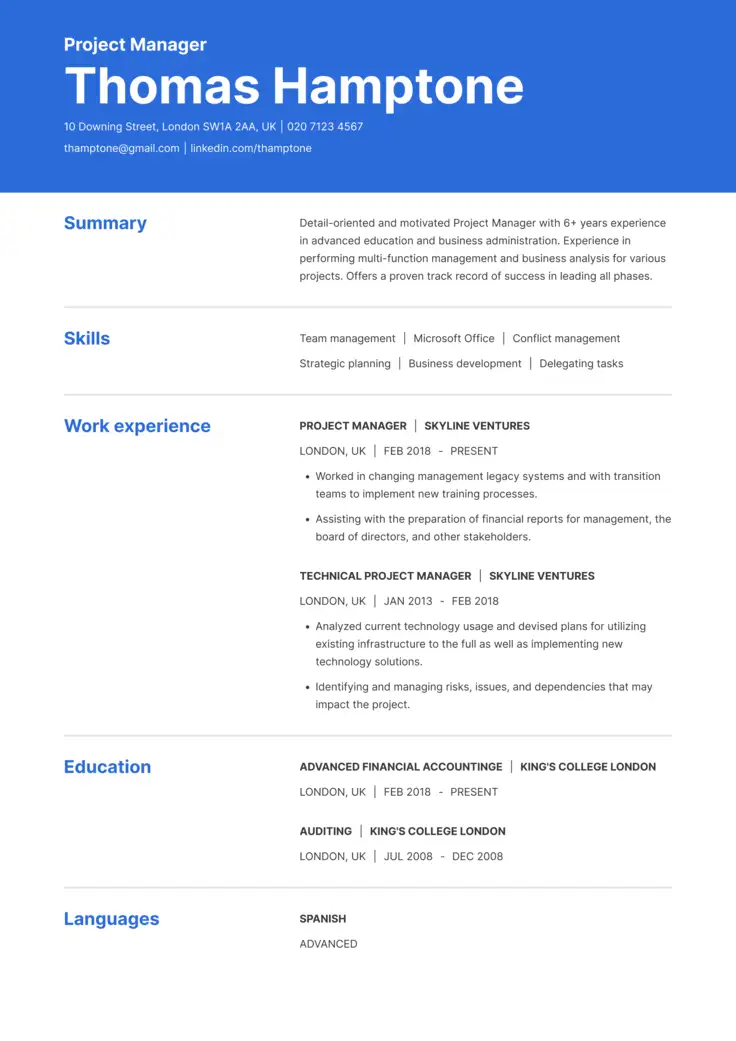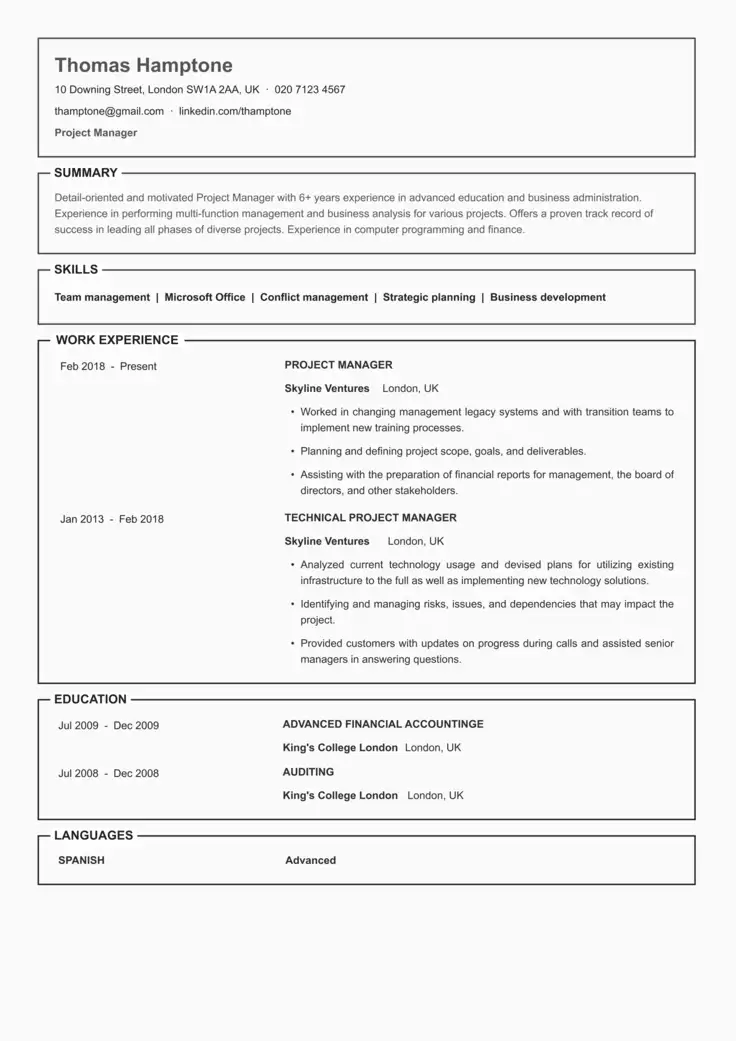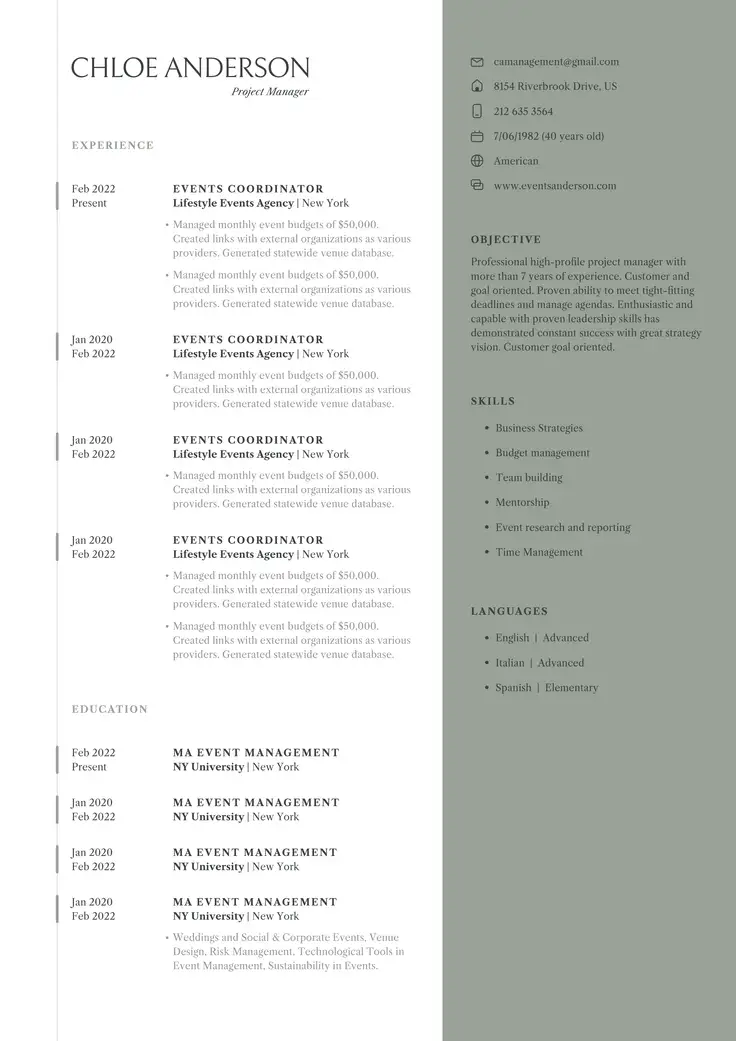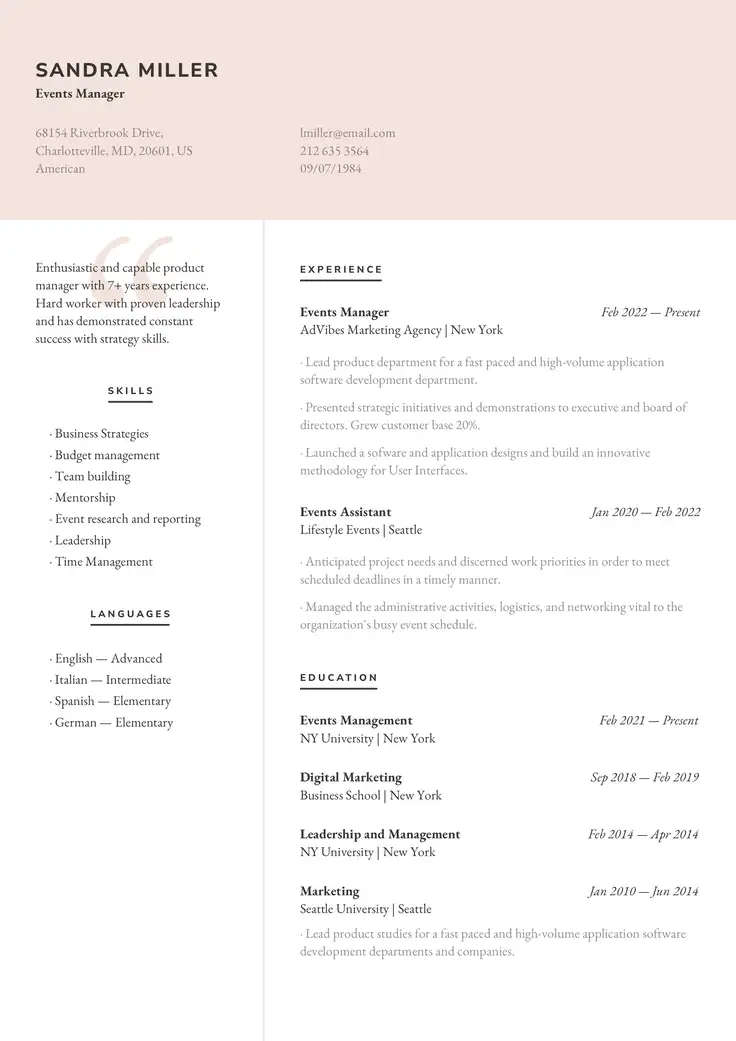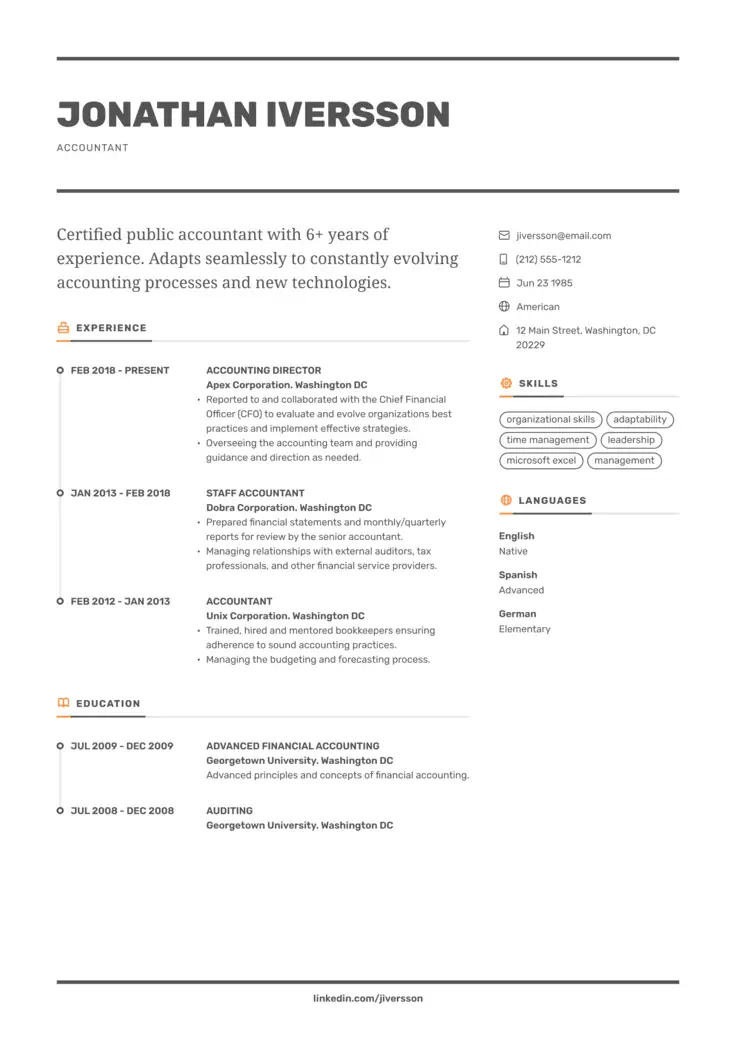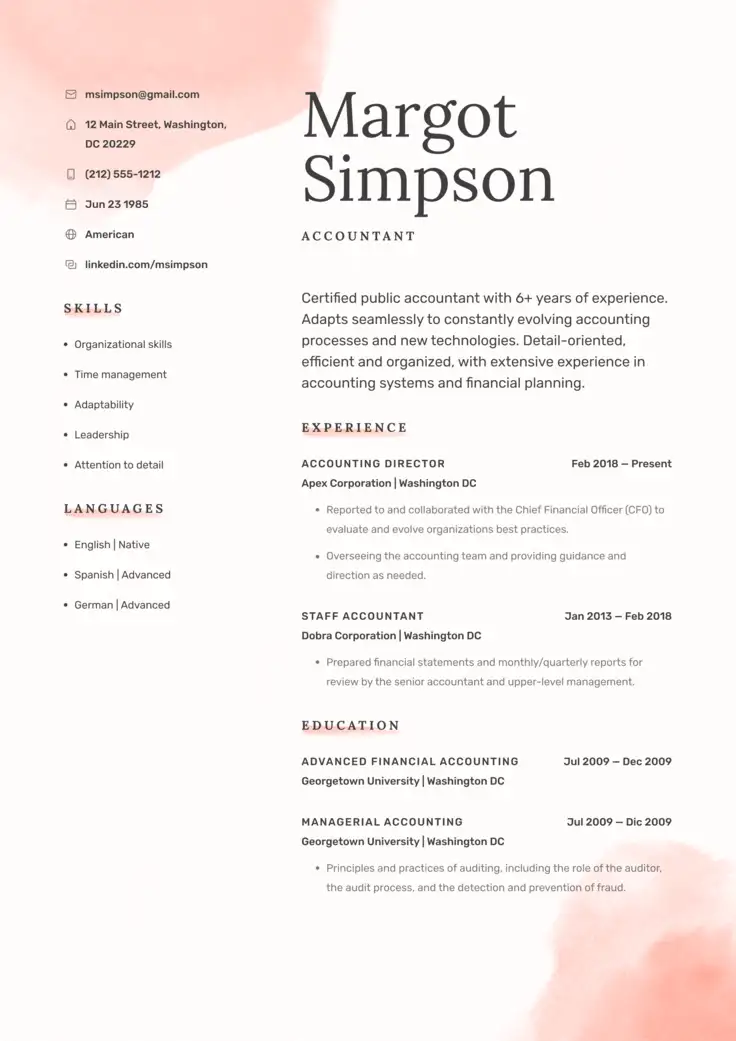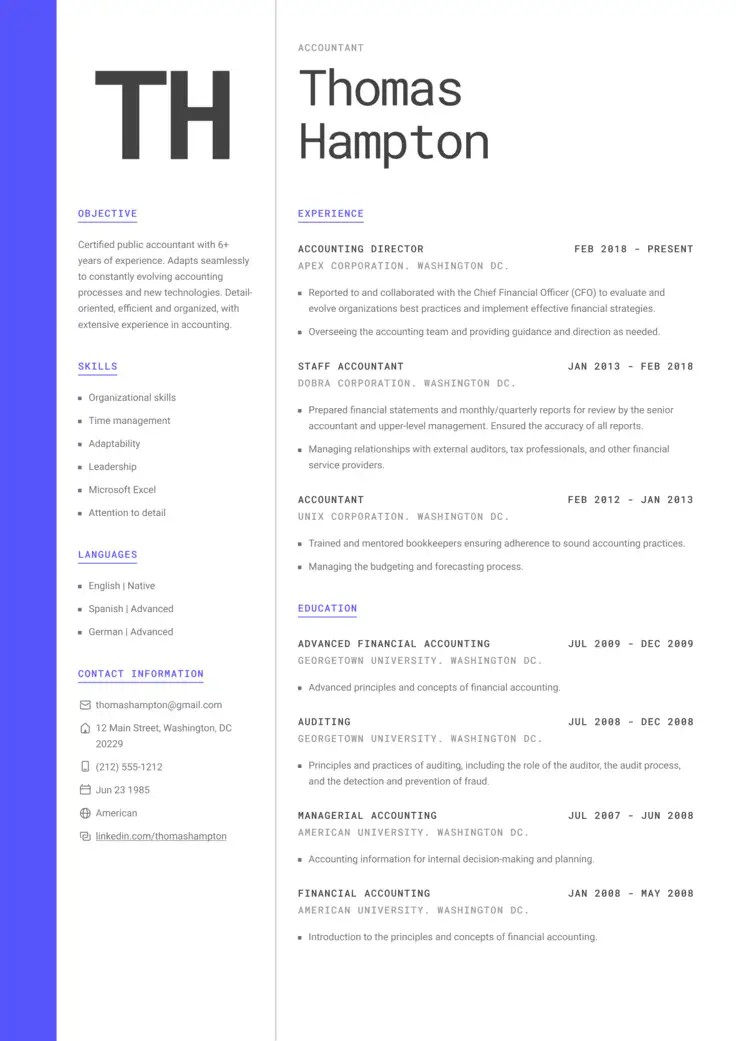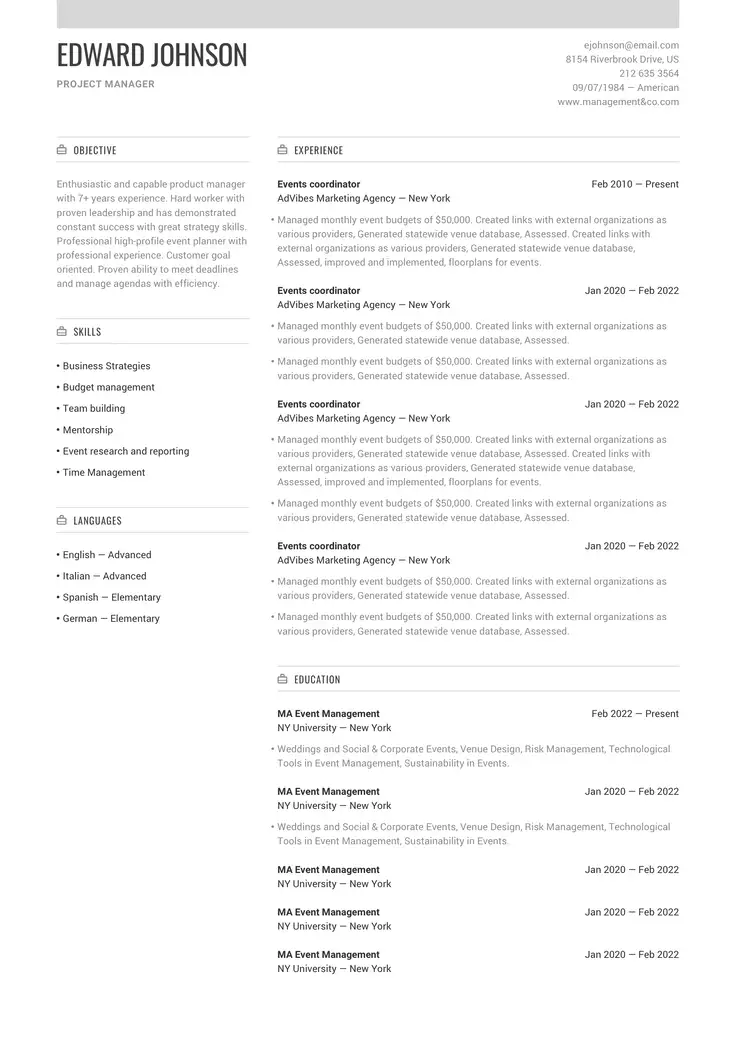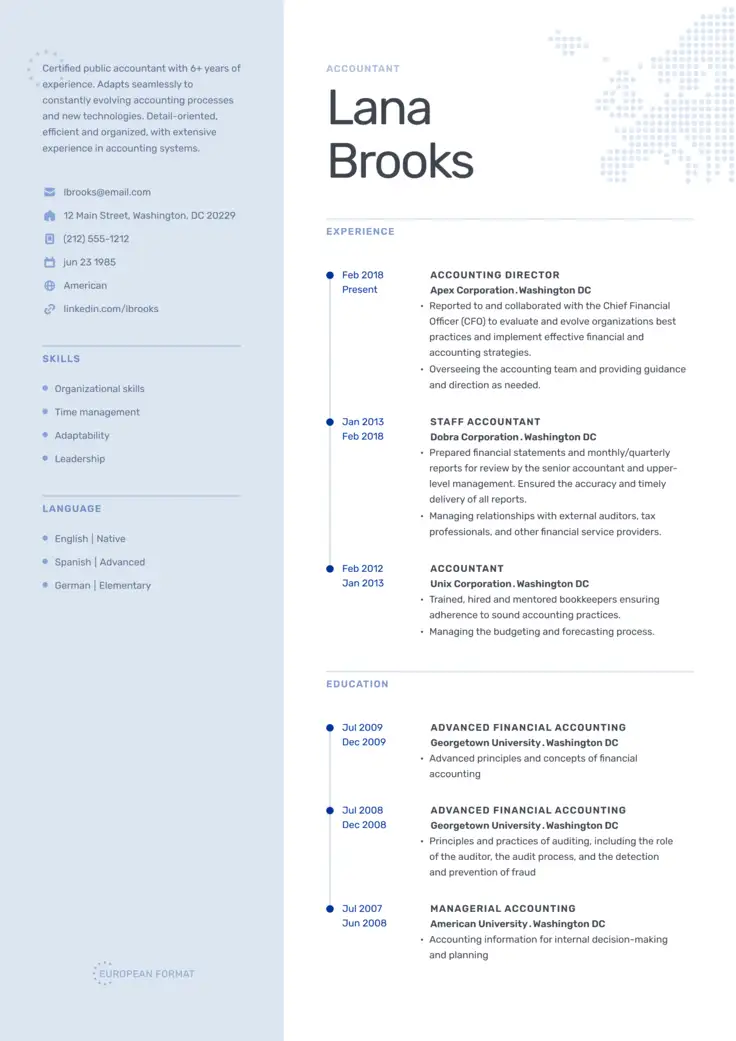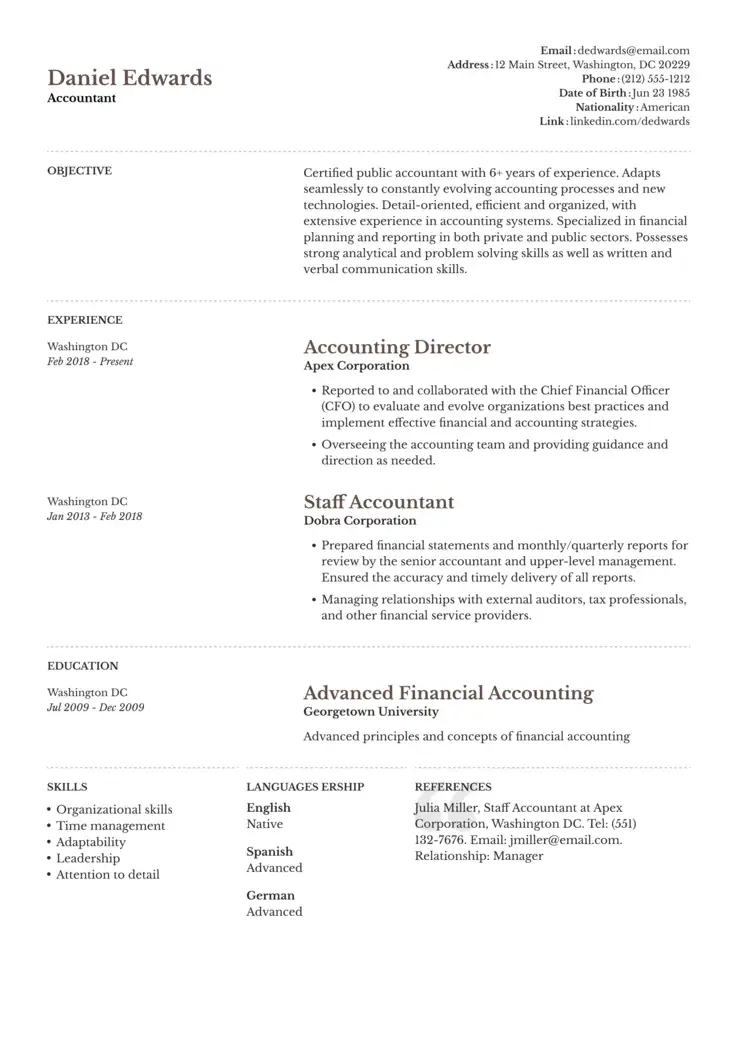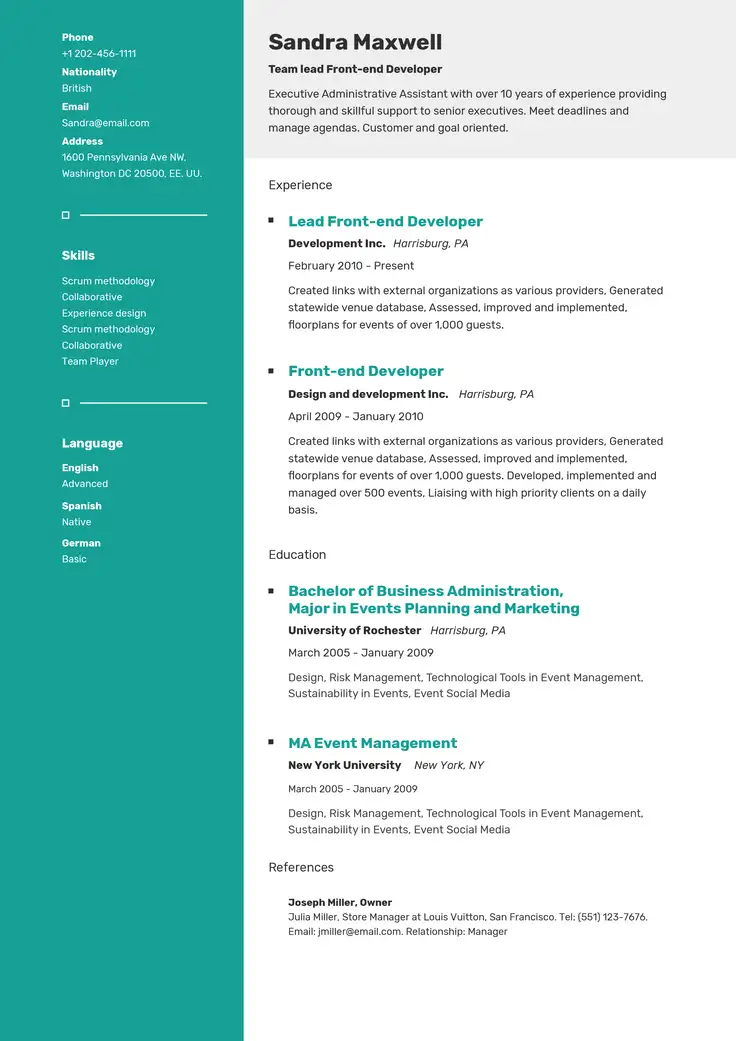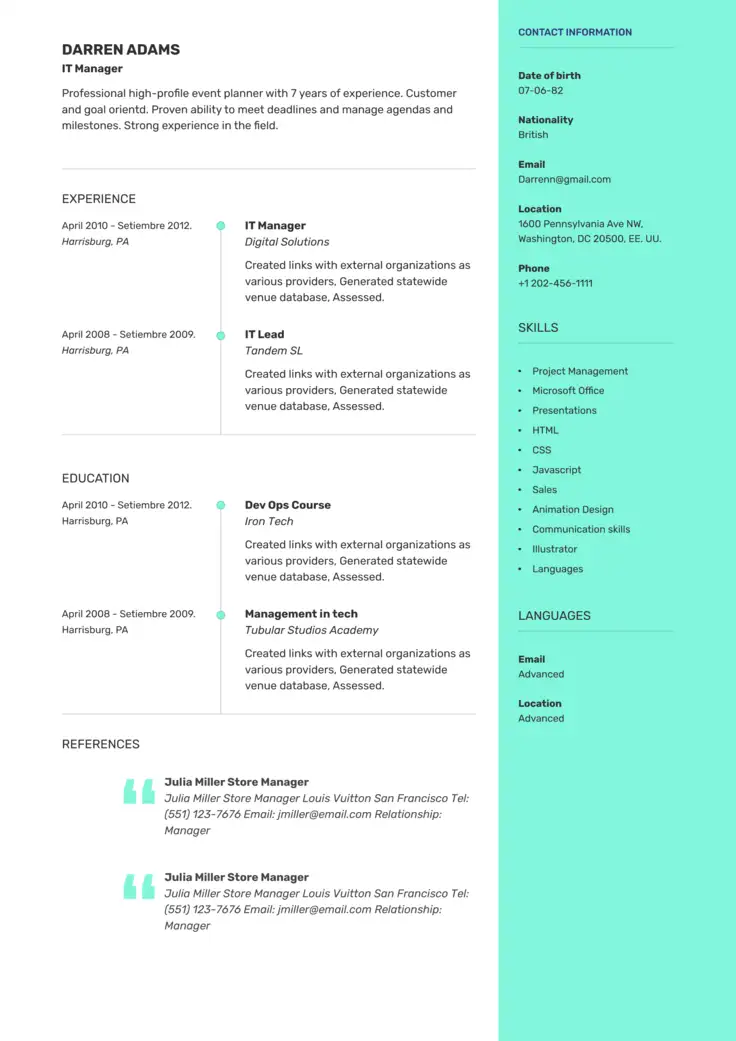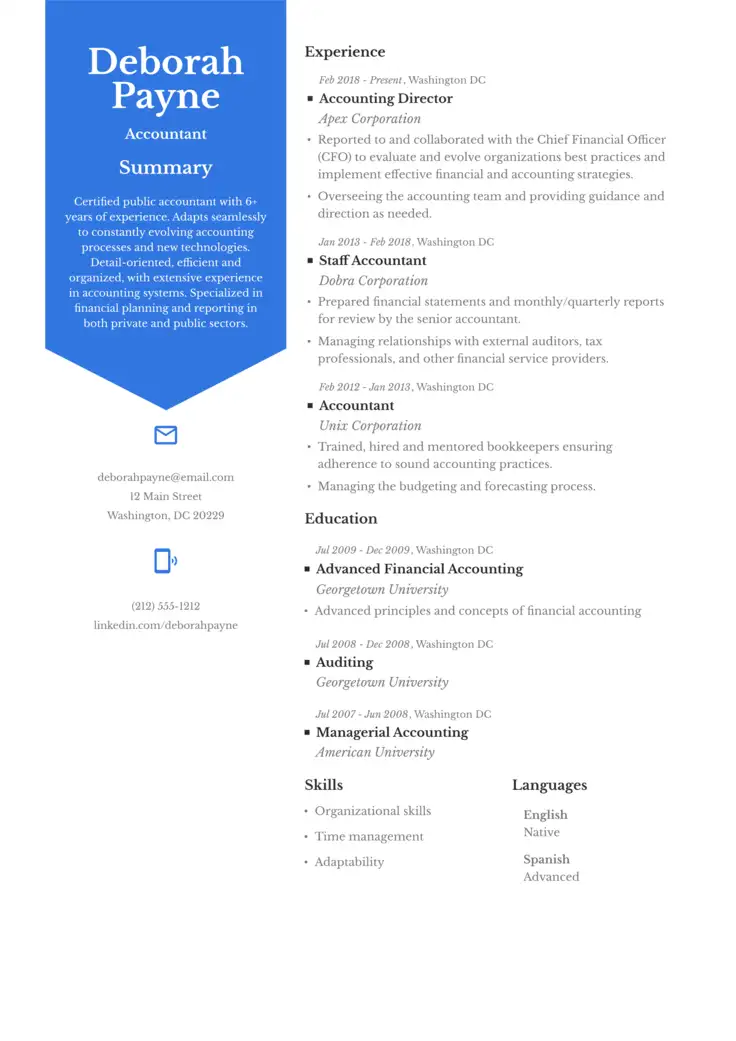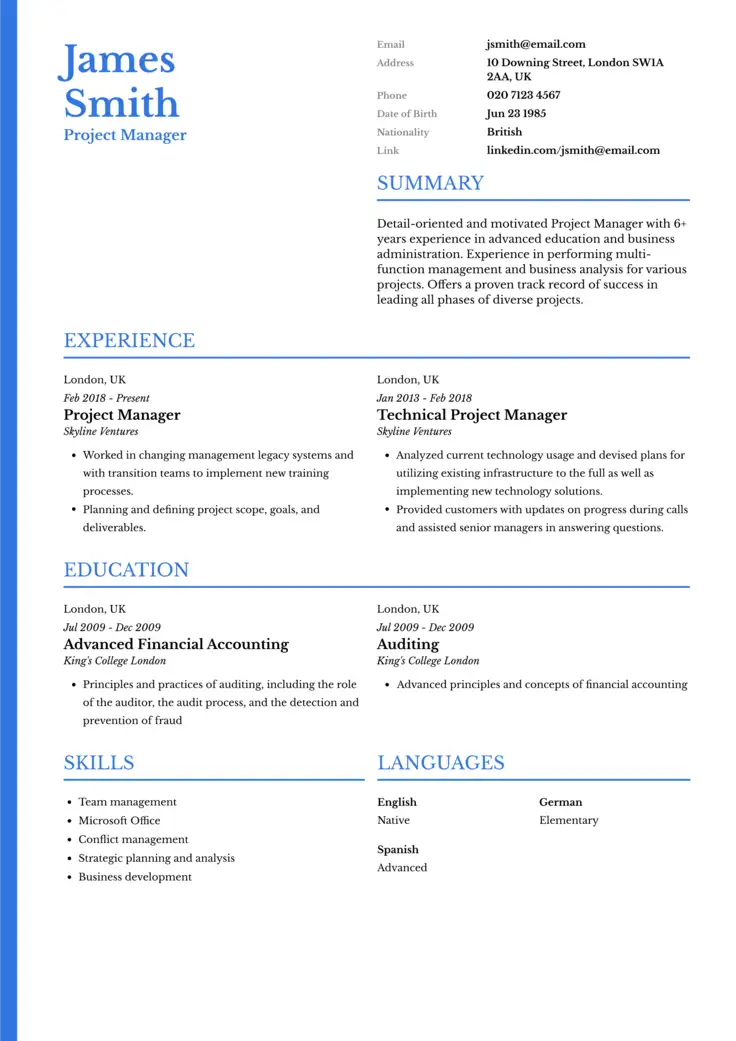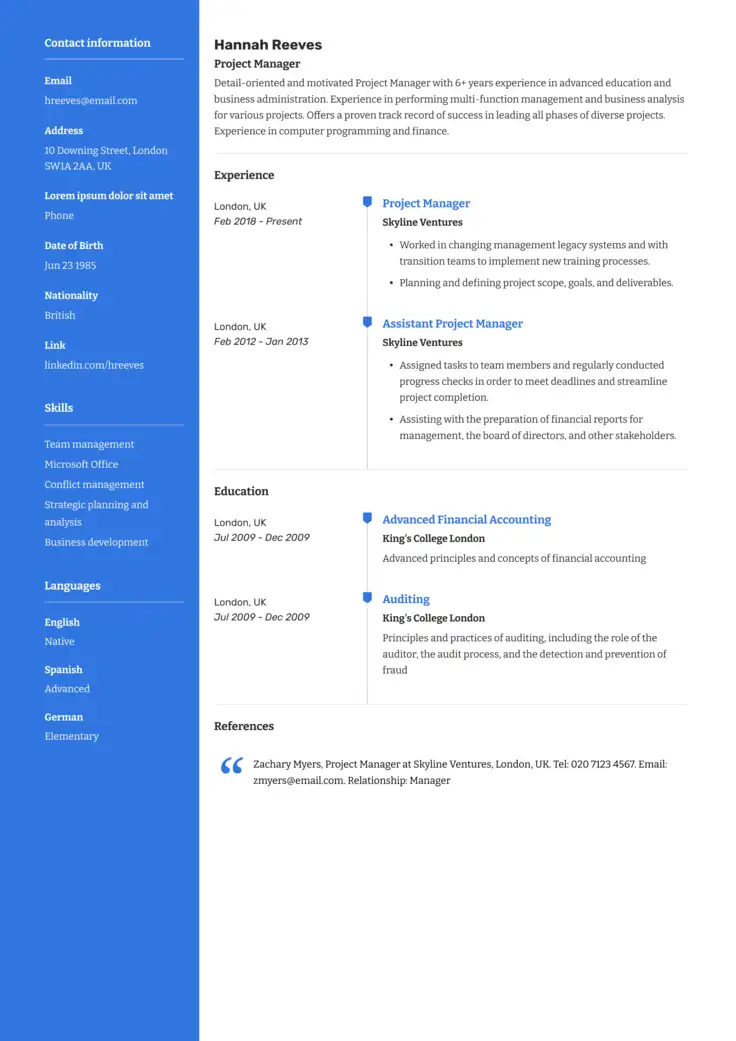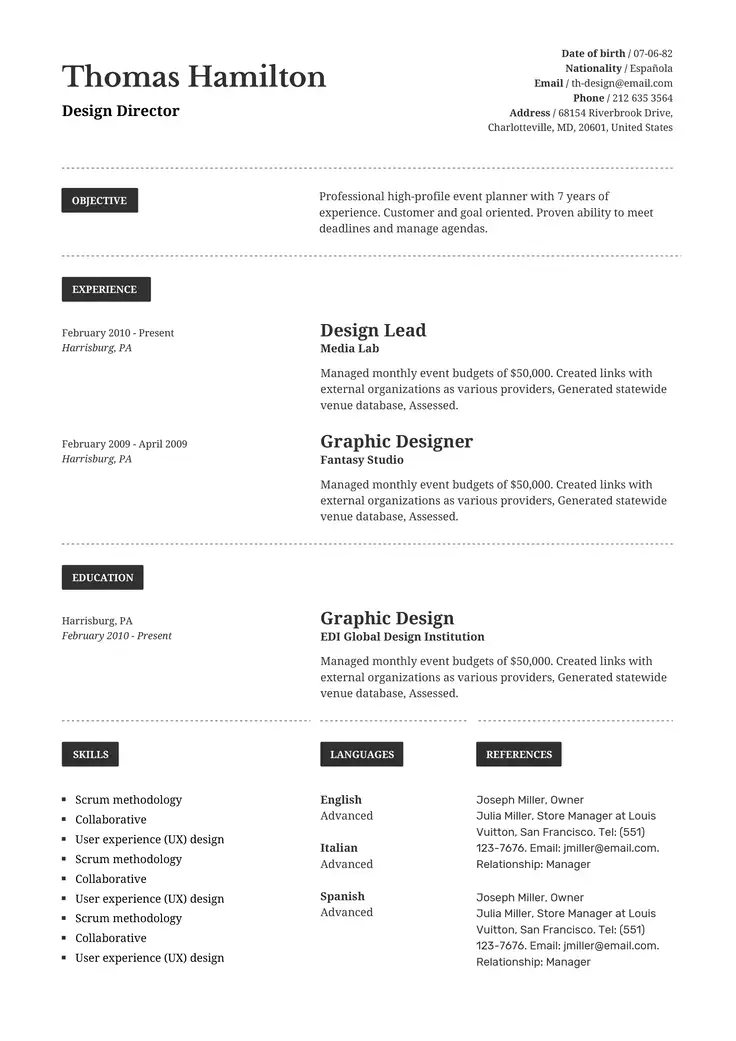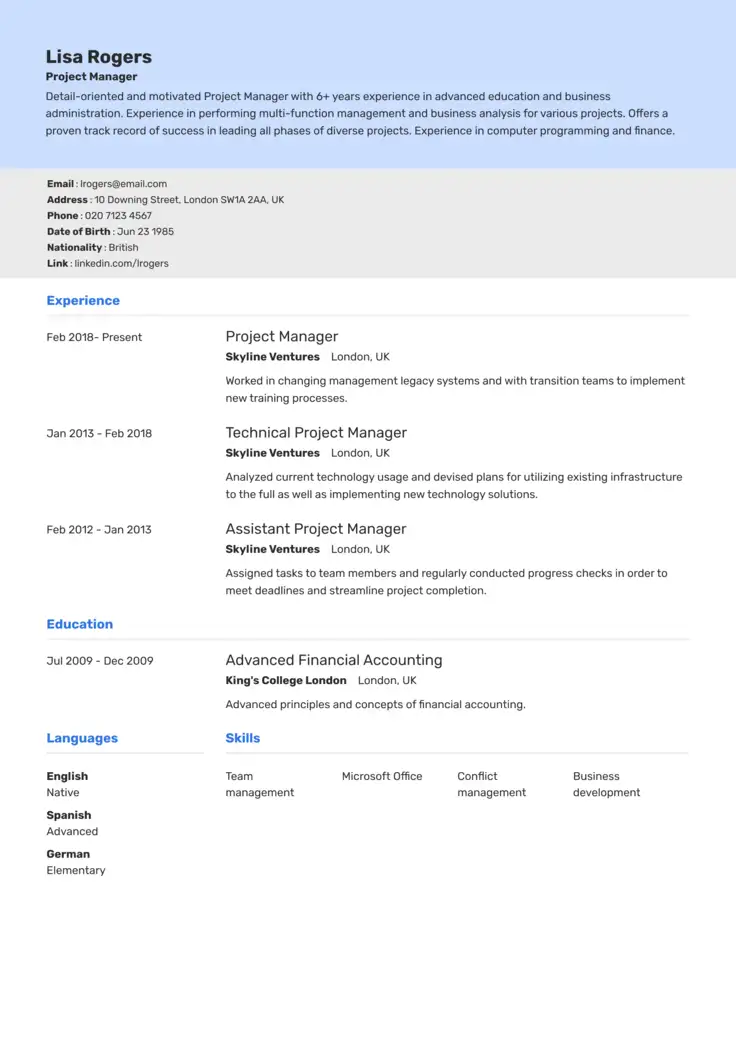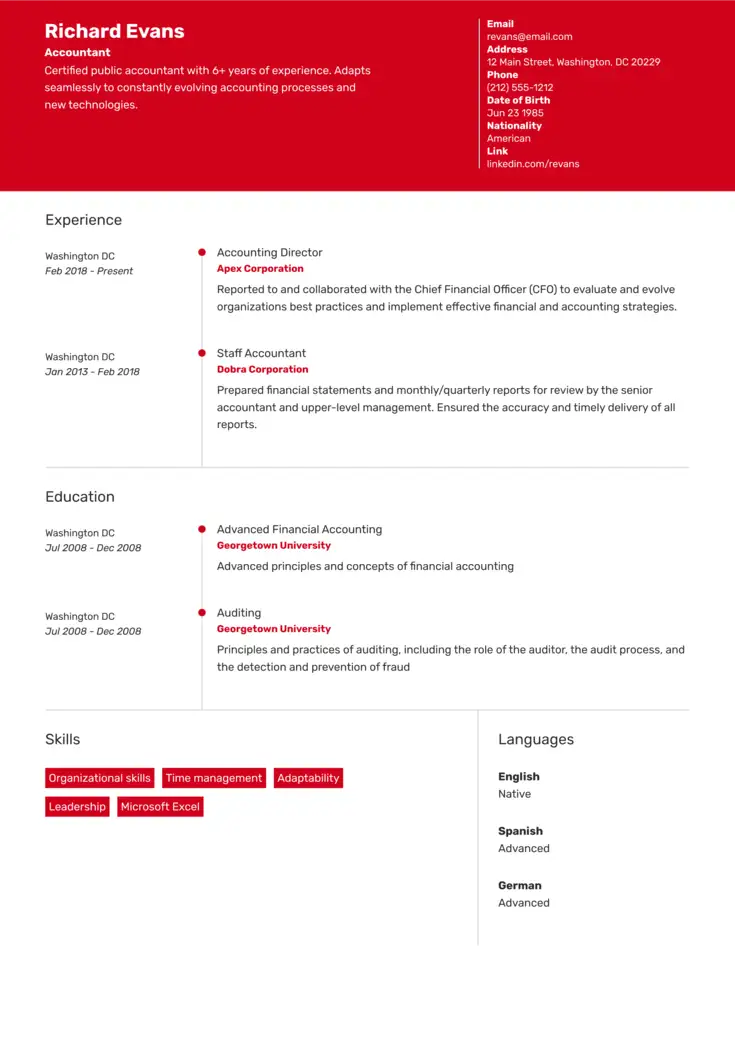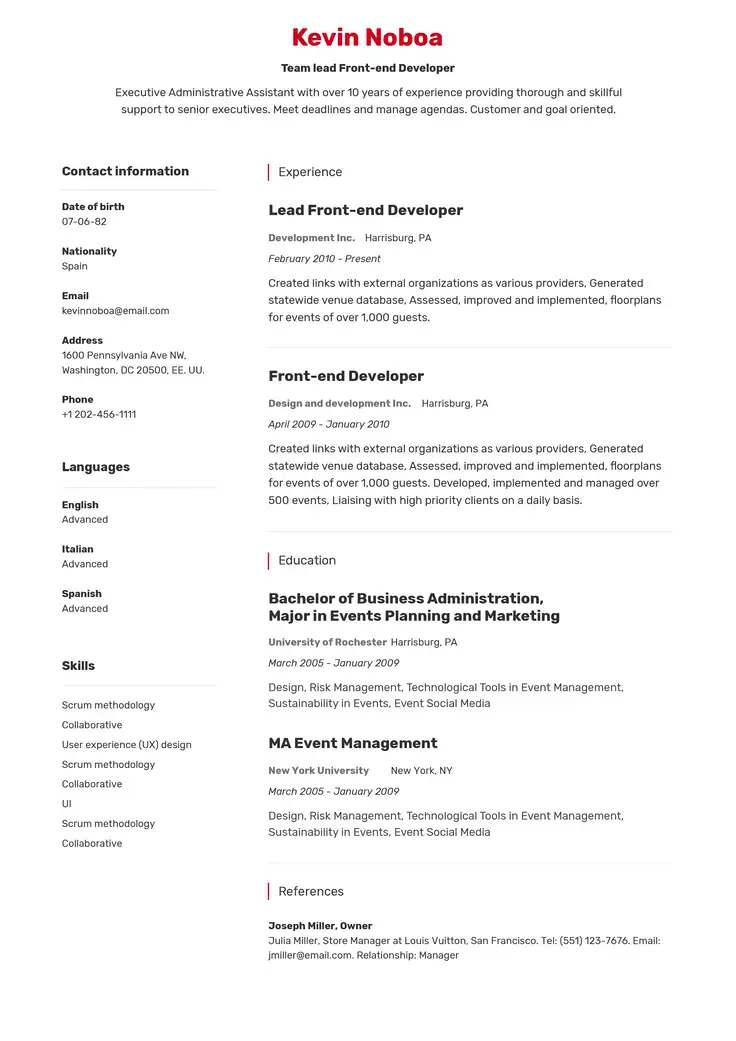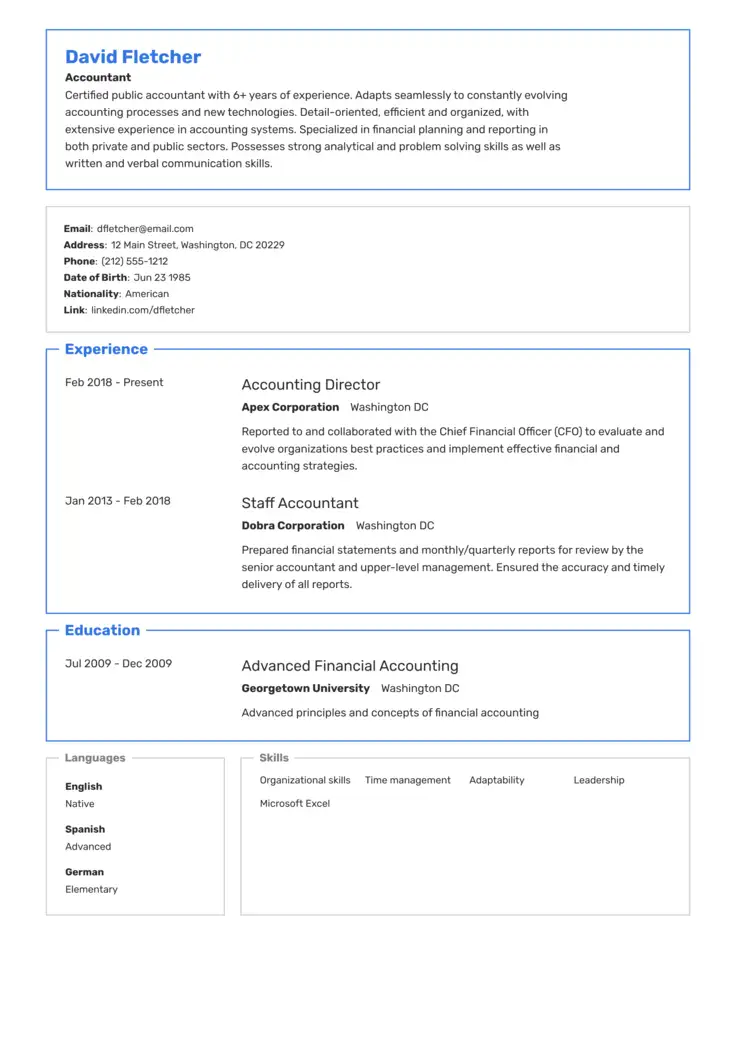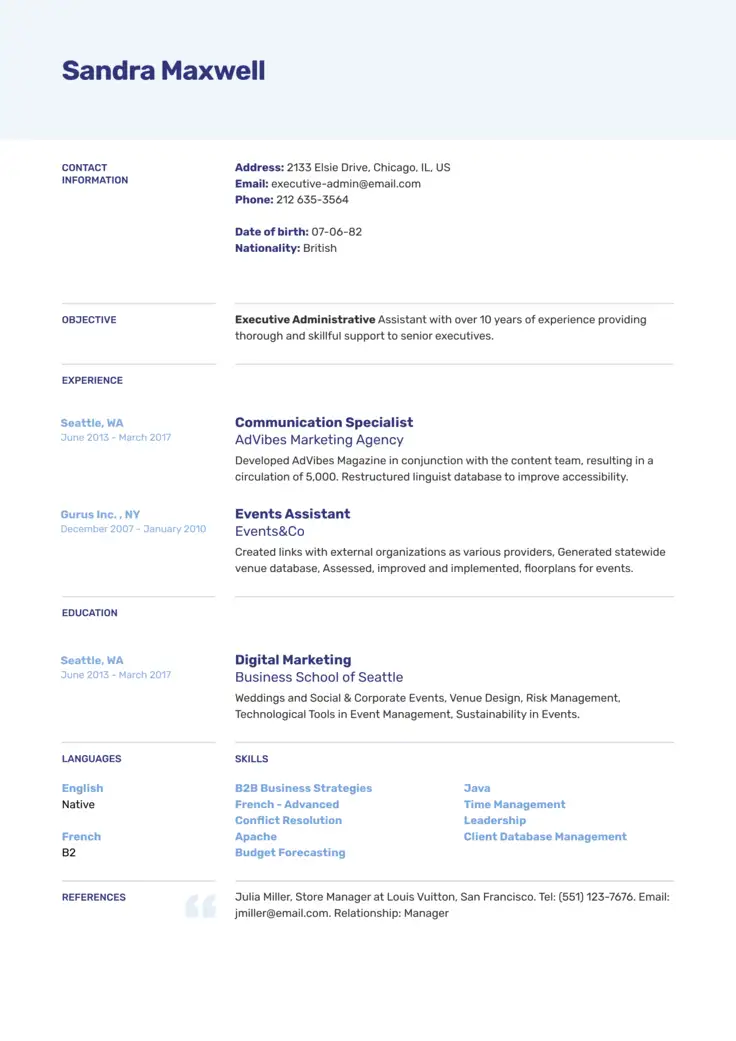Getting a call from a recruiter is an exhilarating experience for any job seeker. It means your application stood out, and there’s genuine interest in your professional background and capabilities.
But the work is far from done. The crucial part now is to make a strong impression during your interview.
It’s advisable to prepare for standard interview questions and thoroughly research the company and the role in advance of the interview.
Here are insights on how to skillfully navigate common interview questions, ensuring you don’t come across as flustered when engaging with a recruiter.
Resume Templates that will get you hired in 2024!
Mastering Interview Questions
Creating a resume may be streamlined with tools like resume builders, but interviews require you to think on your feet without the aid of preset answers or prompts. This might appear overwhelming, but with the right preparation, it’s possible to articulate your thoughts clearly.
Rehearsing is the key. By reviewing advice and examples of responses to interview queries, you can confidently formulate your thoughts in real-time.
Consider these approaches to answering interview questions, which can help you communicate effectively:
- Take a moment before responding: It’s okay to take a brief pause after the question is asked. Use this time to stay composed and organize your thoughts.
- Validate your claims with examples: A frequent mistake is making claims without examples. Claiming you’re detail-oriented isn’t convincing without evidence. What experiences can you share to substantiate your claim?
- Aim for brevity: A good answer typically lasts around 2 minutes. While you don’t need to rush, ensure your answers are concise and direct.
Recruiters often gravitate towards a set of questions. Your responses could significantly impact the outcome of your job search.
Be prepared to discuss:
- Expectations regarding salary
- Your professional history
- Career progression
- Initial steps at the new job
- Personal interests and character
Some questions might seem easy to prepare for. For others, figuring out the suitable answers could be challenging.
Not to worry!
To assist in your preparation, it is important to ensure that your qualifications are well-organized. Our resume builder can be utilized to efficiently arrange your application.
Once that’s ready, we’ll guide you through crafting assured responses to inquiries, ensuring your interview answers are on point.
Initial Questions
At the outset, a recruiter is likely to seek basic information.
Questions might touch on your strengths and weaknesses, or why the company interests you.
If such questions arise, the recruiter is trying to understand:
- What you could contribute
- Your motivation for joining
A compelling response might look like this:
Q: What draws you to our organization?
A: I’m drawn by your organization’s innovation ethos and forward-thinking vision. The commitment to continuous learning and teamwork is particularly appealing. I view this opportunity as a chance for significant professional advancement and am keen to contribute to your success story.
Q: Why should we consider you for this role?
A: My alignment with this role comes from a blend of relevant education, practical experience in specific areas, and a genuine passion for this sector or your company’s mission. My adaptability, collaborative spirit, and ability to absorb new skills swiftly will allow me to make an immediate positive impact on your team. I am enthusiastic about driving forward your objectives and making a tangible difference.
Q: Can you discuss your strengths and areas for improvement?
A: My adaptability is a prominent strength; I excel in dynamic environments and can modify my approach to overcome new challenges effectively. On the flip side, I have a tendency to overthink decisions. I’m addressing this by focusing on making informed decisions swiftly and being open to adjusting those decisions as more information becomes available.
These responses provide a comprehensive snapshot of your capabilities and interest in the role.
Career Development Questions
Questions about your career aspirations and plans for growth are common. Being prepared to discuss these topics suggests you’re not just interested in excelling at the company, but also have a clear plan for your professional development.
Such foresight is highly appreciated by employers!
Here’s how you might respond to questions about your career goals and development plans:
Q: What personal goals have you set for yourself?
A: My professional goals include continuous growth in my role, embracing more responsibilities, and contributing to the company’s strategic vision. On a personal level, I’m committed to maintaining a healthy balance between work and personal life and perpetually acquiring new skills that enhance both my life and career.
Q: How do you intend to achieve these goals?
A: My strategy encompasses ongoing education, seeking out new challenges, and progressively taking on more responsibilities. Engaging with my team and mentors to acquire new knowledge and perspectives is crucial to reaching my career milestones.
Q: What improvements do you aim for in the next year?
A: In the coming year, I plan to improve my leadership abilities, deepen my technical knowledge, and forge stronger connections with colleagues to support both my and the team’s success. By proactively seeking feedback and embracing new challenges, I aspire to evolve continuously as a professional and contribute significantly to the organization.
Q: What measures have you taken for professional advancement?
A: I’ve actively sought professional development opportunities in my current role, including attending industry events, participating in relevant training sessions, and soliciting feedback from supervisors and peers to identify and work on improvement areas.
Q: Where do you see yourself in 5 years?
A: In five years, I envision myself in a leadership or specialized role within this industry, significantly contributing to strategic planning and project execution, leveraging the skills and experiences I’ve accumulated.
Sharing your awareness of areas for growth, openness to feedback, and eagerness for new challenges is essential.
Adapting to the New Company
Recruiters are interested in how you plan to integrate and become a productive member of the team.
They’ll likely inquire about your strategies for making a positive start at the company.
Being prepared with a plan is key to navigating these questions:
Q: How do you plan to mesh with your new team?
A: I prioritize empathy and seek to understand before being understood. My approach involves actively listening to team members, appreciating their work styles and experiences, and collaboratively contributing my skills and ideas.
Q: What’s your strategy for the first month?
A: My initial focus will be on acclimating to the organizational culture, and understanding team goals, and dynamics. I plan to establish regular check-ins with my manager for alignment, prioritize building key stakeholder relationships, identify pivotal projects, and develop a 90-day plan for impactful contributions and early wins.
Q: When do you expect to start making a meaningful contribution?
A: Depending on the role’s complexity and specific projects, I typically begin contributing meaningfully within the first few weeks. My ability to adapt quickly and learn about new areas enables me to become effective rapidly.
Q: What’s your 90-day plan?
A: My plan for the first 30 days focuses on learning about the company, team, and projects. In the following 30 days, I aim to start making small yet impactful contributions based on my initial learnings. By the end of 90 days, I plan to be fully immersed, contributing at a more significant level, and possibly initiating new projects based on insights gained.
Personal Interest Questions
Employers may also explore your interests and how you fit into the company culture.
They may ask about your hobbies, social preferences, and how you handle feedback and criticism.
Consider the following approach:
Q: What strategies do you use to stay organized?
A: I rely on digital tools like project management software and calendars to maintain organization. I’m a strong advocate for the clarity that comes with written task lists, which help in prioritizing effectively. Regular reviews of my tasks and priorities ensure that I remain focused on the most critical objectives.
Q: How would your peers describe you?
A: Peers would likely describe me as dependable, proactive, and empathetic. I’m known as a reliable source of support and am always looking for ways to improve myself while being mindful of others’ needs and perspectives. They’d probably also highlight my humor, as I believe in the importance of laughter in maintaining positive relationships and outlooks.
Q: Can you share an example of a significant challenge you’ve faced and how you addressed it?
A: In a previous role, our team faced substantial challenges due to unexpected changes in regulations. I spearheaded efforts to understand the new requirements, gather relevant information, and propose a revised approach to our project. We adjusted our strategy and, despite the obstacles, managed to deliver the project successfully.
Q: What does your ideal work environment look like?
A: My ideal work setting promotes innovation and creativity within a collaborative and supportive framework. I thrive in environments that encourage open communication and continuous learning.
Q: How do you respond to feedback and criticism?
A: I view feedback and criticism as invaluable opportunities for personal and professional development. I actively seek constructive feedback and use it as a catalyst to enhance my performance. While receiving criticism can initially be challenging, I approach it with an open mind, recognizing it as a chance for growth.
Navigating Salary Questions
Discussions about salary expectations are a staple of interviews. Although regulations may restrict certain salary inquiries by state, it’s wise to be prepared for any discussion.
Here are some common questions and useful answers.
Q: What salary range are you looking for?
A: Based on my understanding, qualifications, and previous experiences, I’m looking for a salary within the range of [Insert appropriate range]. I’m open to discussing this further, particularly in the context of the total compensation package, including benefits and additional perks, to make an informed decision.
Q: How do you prioritize salary against other job benefits?
A: While salary is a significant consideration, it’s not the sole factor in my decision-making. I place a high value on a comprehensive benefits package, opportunities for work-life balance, and a supportive work environment with potential for growth.
Q: How flexible are you with your salary expectations?
A: I am reasonably flexible, understanding that compensation encompasses more than just base salary. This includes additional benefits like healthcare, retirement contributions, and professional development opportunities. My primary focus is on finding a role where I fit well and can contribute meaningfully.
It’s essential to be honest and explain the rationale behind your salary expectations.

